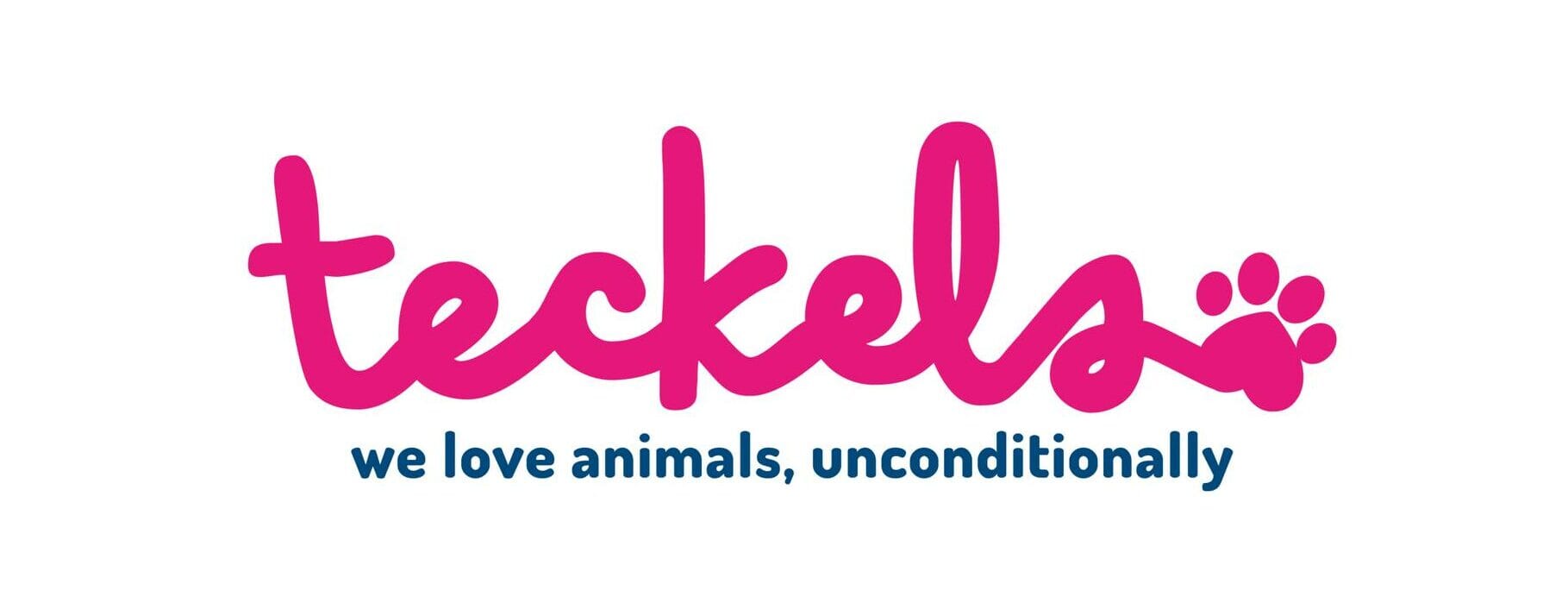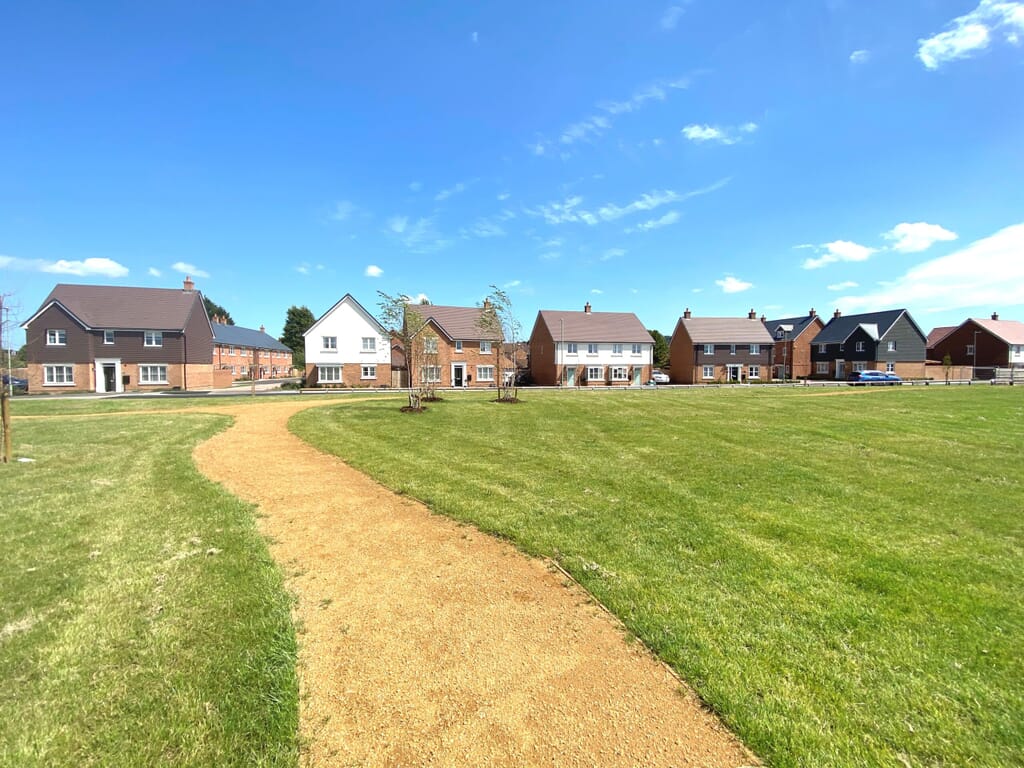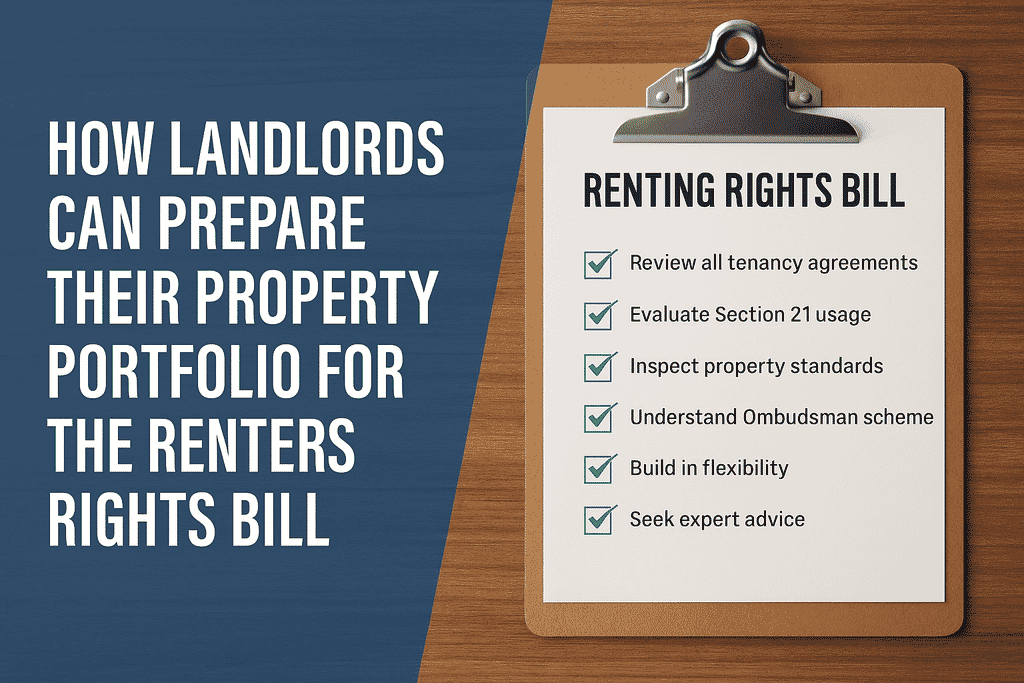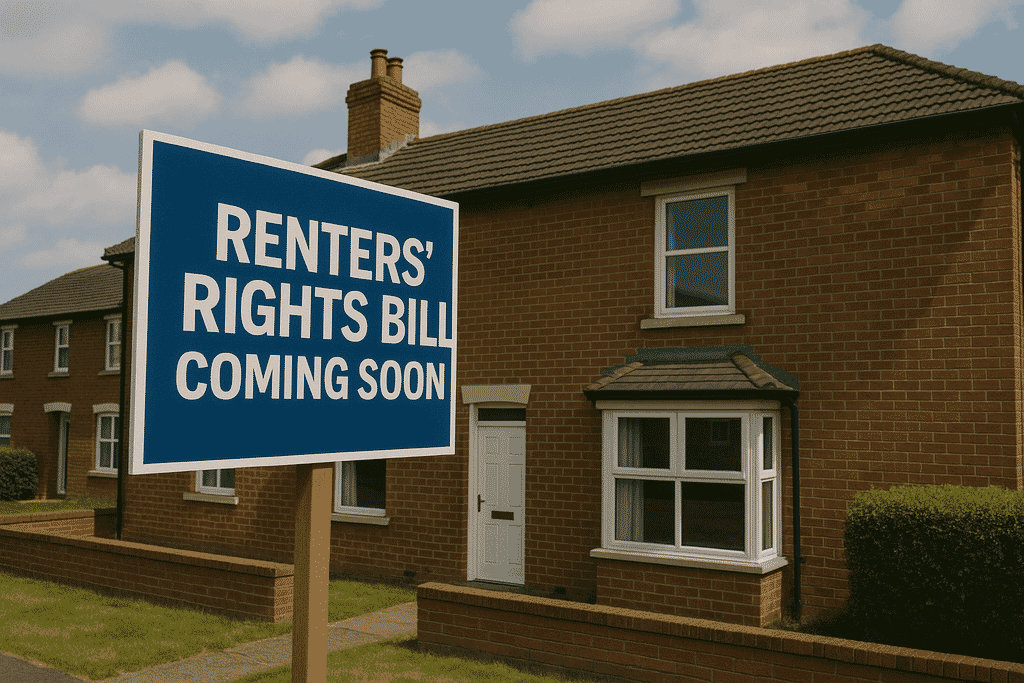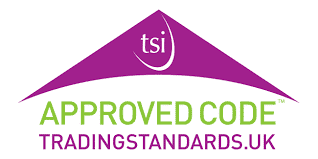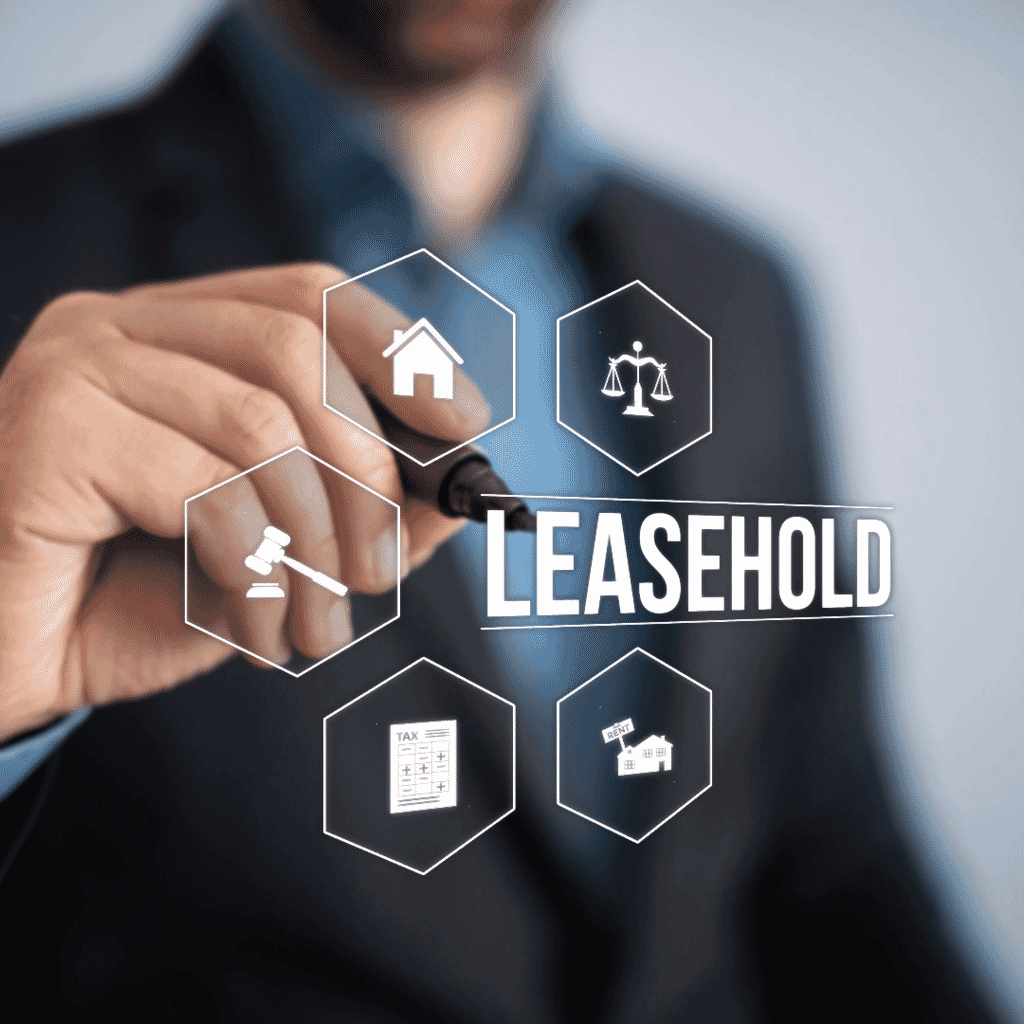
The Leasehold Reform Bill: What It Means for Homeowners
The Leasehold Reform Bill is a proposed change to the law that will alter the rules and regulations around leasehold properties. If passed, the bill will give homeowners of leasehold properties greater rights and powers.
What is a leasehold property?
When buying a home, you can either purchase a freehold or a leasehold property. With a freehold property, you own the property and the land it’s built on outright. With a leasehold property, you buy the right to live in the property for a fixed number of years.
Why are things changing?
Many leaseholders have found themselves subject to high costs from ground rent, lease extensions, and service charge changes. They’ve also found it difficult to contest these issues. The Leasehold Reform Bill is designed to give leaseholders greater rights and increased protection.
What will the Leasehold Reform Bill change?
-
Extending your lease or buying your freehold: The bill would make it less complex, cheaper, and quicker to extend your lease or buy your freehold.
-
Standard lease extension terms: Standard lease extension terms would increase to 990 years for houses and flats. This is up from 50 years for houses and 90 years for flats.
-
Greater transparency over service charges: Freeholders or managing agents would need to issue bills in a standardized format, making the data easier for leaseholders to assess and challenge.
-
Removal of legal barriers: The reforms would also look to rebalance legal costs and make it easier for leaseholders to challenge landlords over unreasonable charges.
-
Introduction of a redress scheme: Managing agents are already required to belong to a redress scheme. Under the new rules, freeholders who manage their building directly will do as well. This means leaseholders can challenge them if needed.
-
Comprehensive rights of redress: Homeowners on private and mixed-tenure estates would be granted comprehensive rights of redress. This means they’ll get more information about the charges they pay and the ability to challenge how reasonable they are.
-
Greater rights for those in mixed-use blocks of flats: At the moment, leaseholders in these buildings can’t take over the management of the site or buy the freehold if more than 25% of its floor space is commercial. Under the bill, this figure would increase to 50%.
-
Removal of the two-year rule: The rule that leaseholders must own their house or flat for two years before they can extend their lease or buy their freehold would be removed.
-
No more new-build leaseholds (houses only): The sale of new leasehold houses would be banned, so every new house in England and Wales would be freehold (except for in exceptional circumstances).
When will the Leasehold Reform Bill become law?
The Leasehold Reform Bill is expected to become law in 2024. However, the exact date has not yet been announced.
What are the next steps?
The government is currently consulting on the proposed changes to the Leasehold Reform Bill. The consultation will close on 21 December 2023. The government will then consider the feedback it receives and make any necessary changes to the bill.
What can leaseholders do in the meantime?
Leaseholders can get involved in the consultation process by providing feedback to the government. They can also contact their MPs to express their support for the bill.
Additional information
- You can find more information about the Leasehold Reform Bill on the government’s website.
- You can also read the full text of the bill here.
